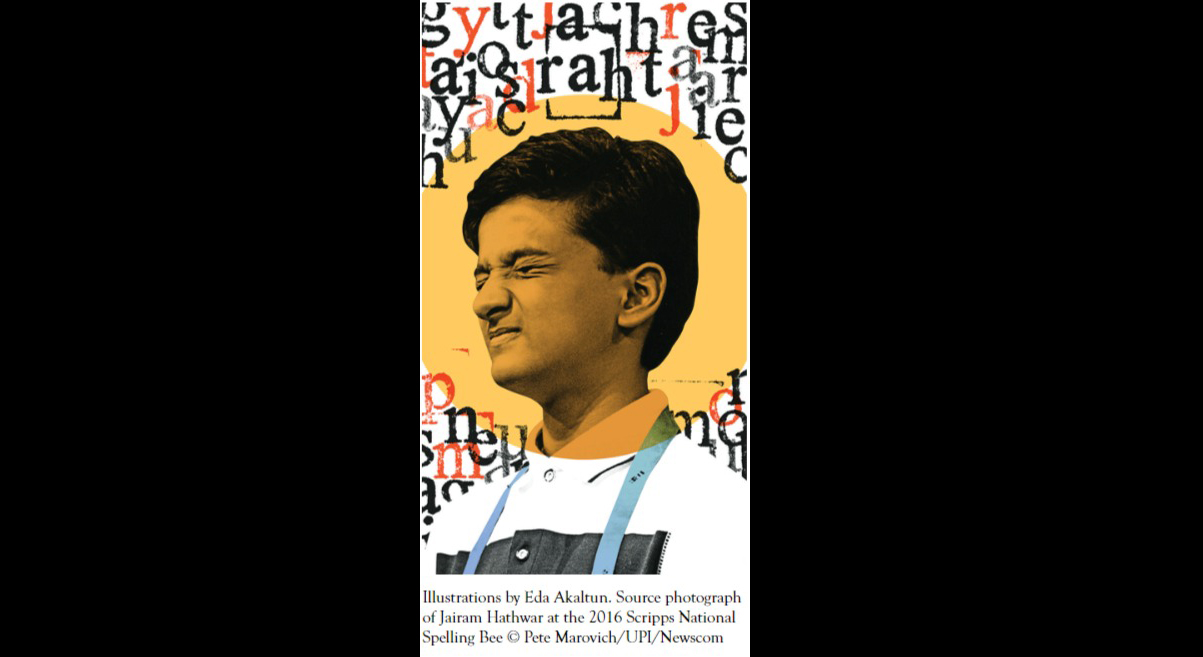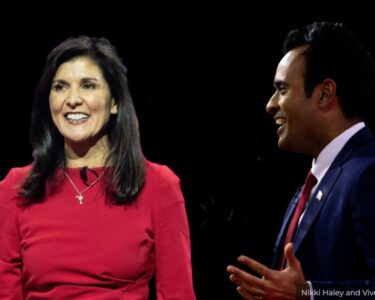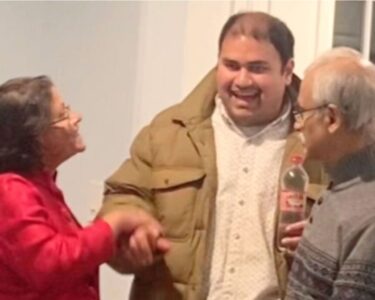Inside the competitive Indian-American spelling community
by Vauhini Vara
The final two contestants of the Scripps National Spelling Bee, held just outside Washington last May, had gone head-to-head for ten rounds. Nihar Janga, a toothy eleven-year-old with a bowl cut and the vocal pitch of a cartoon character, delighted the audience by breaking with custom: instead of asking the official pronouncer for definitions, he provided them himself. Taoiseach: “Is this an Irish prime minister?” (Yes.) Biniou: “Is this a Breton bagpipe?” (Right again.) His opponent, Jairam Hathwar, a stoic thirteen-year-old, had been favored to win, in large part because his older brother, Sriram, had won in 2014.
But Jairam was hesitating. The kids had made it through their school and regional contests, in New York and Texas, respectively, as well as a series of tests at nationals, where they handled such unpronounceables as gyttja, chremslach, and uintjie. Now he was being asked to spell drahthaar, an obscure German breed of dog. Nihar knew this one. Jairam didn’t. He made an attempt, “D-R-A-A-T-H-A-A-R.” Nihar shook his head. When Jairam finished, a bell dinged to indicate his error; he blanched and went to his seat. Then Nihar leaned forward, thrust his hands in Jairam’s face, and began, expressionlessly, to clap. That is how Nihar Janga came to be called the Machine.
A few months later, on a Friday night in August, I was standing with the Machine in the lobby of a Holiday Inn in Tampa, Florida, when his former rival walked through the door. Nihar charged over and squealed, “Jairam! I missed you!” Jairam took a step back. “Hi, Nihar,” he said. The two had ended up as cochampions at Scripps (a more common occurrence lately) thanks to a quirk in spelling-bee rules: when there are two people left onstage and one of them misspells in a round, the other has to correctly spell a final word in order to win. After Jairam flubbed drahthaar, Nihar erred on ayacahuite, sending the contest into twelve more rounds before a tie was declared. The prize for each boy was $40,000.
Nihar and Jairam were friends, having met on the spelling circuit a year earlier. Nihar was the more excitable of the pair, prone to gleeful shouting, sometimes at inappropriate moments. After Scripps, he’d insisted to me that he offered the definitions of words because it made him feel more confident. He also said that his applause at the misspelling of drahthaar had been meant to cheer Jairam up, not to intimidate him. Jairam, polite and good-natured, accepted this — or, in any case, said that he did.
We were in Tampa for the championships of another annual spelling competition, this one sponsored by a nonprofit called the North South Foundation, open only to kids of Indian descent. Earlier in the year, more than 3,300 children had competed in regional contests. Around 300 of them advanced to the finals. That weekend, the North South Foundation wasn’t just holding a spelling bee; it was also running contests in subjects including math and neuroscience, and the organization gives out college scholarships to poor high-school students in India. But the spelling bee is by far its best known and most significant event. For the past decade, Indian Americans have dominated the Scripps National Spelling Bee — among last year’s top ten were seven Indian spellers — and all the recent champions competed at the N.S.F. bee first. Nihar told me that his experience there established his training regimen. Also, he said, “If I hadn’t done N.S.F., I would have felt very scared spelling in front of a lot of people.”
The N.S.F. bee is modeled after Scripps, though unlike at Scripps, where children up to eighth grade compete against one another, N.S.F. is split into a junior division (third grade and below) and a senior division (fourth through eighth). Nihar had won a junior bee, but neither he nor Jairam had managed to win at the senior level. Scripps champions are not allowed to compete, so this year they came as volunteers.
Spelling parents, like ballet parents and soccer parents, can get intense. In my box of old papers, I also discovered a letter from Corrie Loeffler, one of my Bee friends. She had written to let me know that she was trying out for cheerleading. On the other side of the paper, her mom had written a note with tips on studying the Latin and Greek roots of medical words. Loeffler now works for Scripps.
Read the rest @ https://harpers.org/archive/2017/05/bee-brained/?single=1






